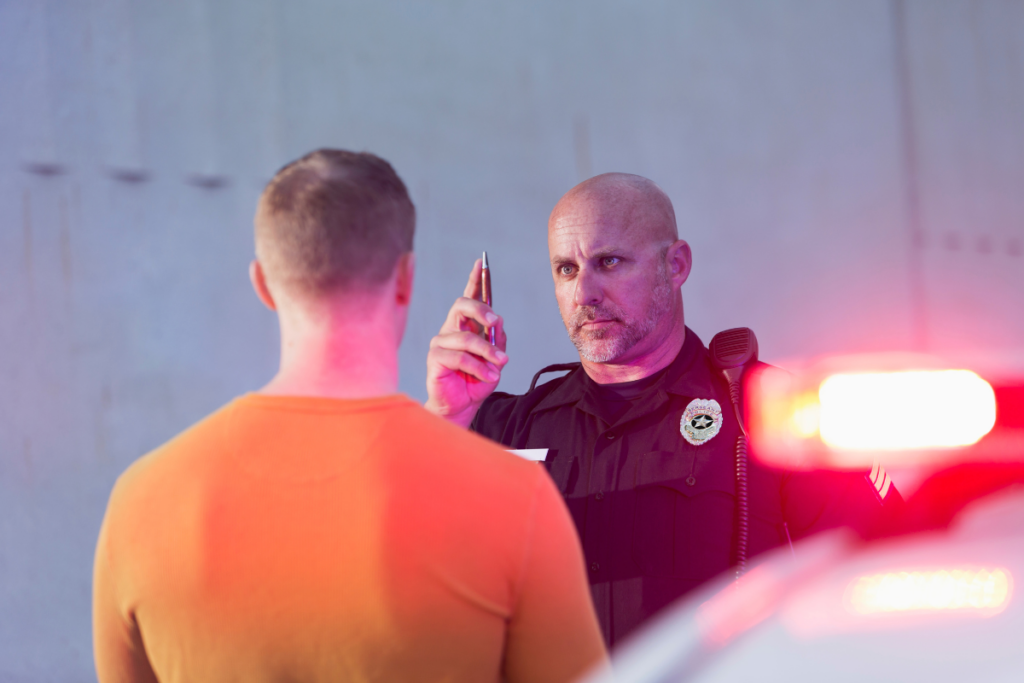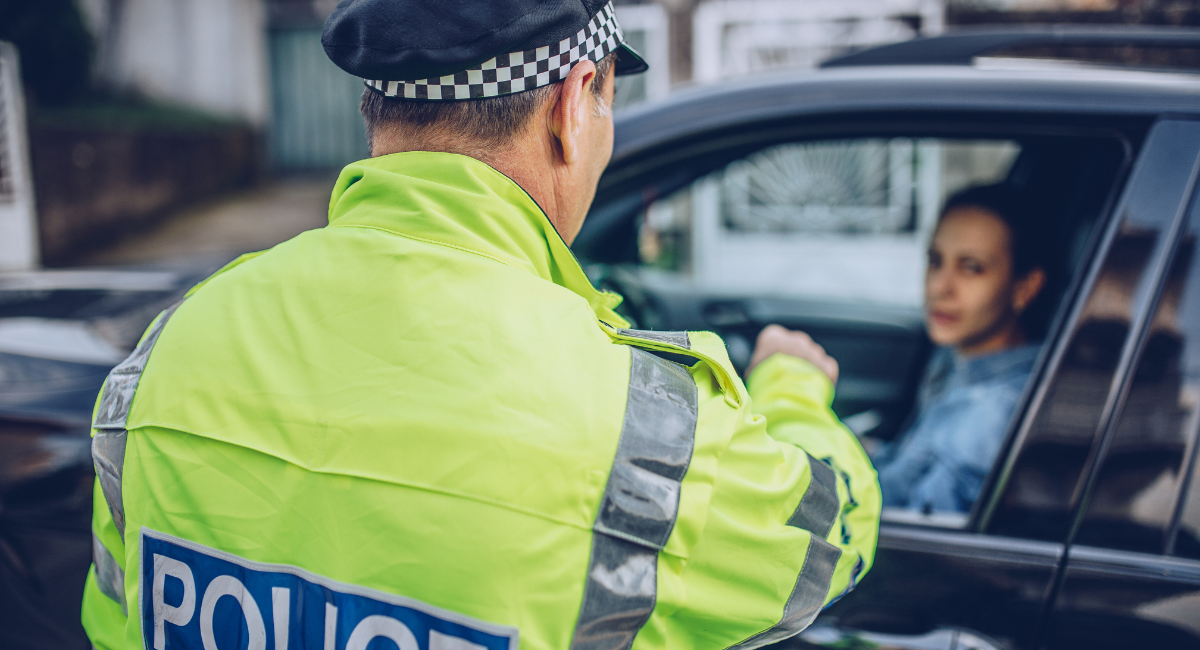If you’re navigating the complex landscape of New Jersey’s DUI laws, understanding field sobriety tests is crucial. These tests, often conducted on the roadside when a driver is suspected of being under the influence, can significantly impact the outcome of a DUI case.
The results can mean the difference between a mere traffic violation and a serious criminal offense. So, this guide delves into the intricacies of field sobriety tests in New Jersey DUI cases, equipping you with the knowledge to better comprehend and manage such situations.
Commonly Used Field Sobriety Tests in New Jersey
Law enforcement officers in New Jersey typically rely on three standardized field sobriety tests (SFSTs) to evaluate a driver’s level of impairment during a traffic stop. These tests, sanctioned by the National Highway Traffic Safety Administration (NHTSA), include:
- Horizontal Gaze Nystagmus (HGN) Test: The HGN test requires the officer to observe a driver’s eyes as they follow an object, such as a pen or a flashlight, being moved horizontally. Involuntary jerking movements in the eyes can suggest intoxication.
- Walk-and-Turn Test: This test aims to assess a driver’s balance, coordination, and ability to follow instructions. The suspect is asked to walk heel-to-toe in a straight line, turn, and then walk back the same way. Officers will look for any signs of impaired balance or difficulty in completing the task.
- One-Leg Stand Test: In this test, the officer instructs the driver to stand on one leg while raising the other foot about six inches off the ground. The driver must maintain balance while counting aloud for 30 seconds. An officer may interpret swaying, hopping, or putting the raised foot down as evidence of impairment.
Role of Field Sobriety Tests in Establishing Probable Cause for Arrest
Field sobriety tests are typically administered to establish probable cause for a DUI arrest. While these tests do not provide definitive proof of a driver’s intoxication level, they can offer officers reasonable suspicion that a person is driving under the influence. Failing one or more of these tests may provide the officer with sufficient grounds to place you under arrest and subsequently require a breath, blood, or urine test to determine your blood alcohol content (BAC) or level of intoxication.
Potential Errors and Pitfalls in Field Sobriety Test Administration
Although field sobriety tests are widely used to assess intoxication levels, they can be prone to errors and discrepancies related to various factors, including:
- Officer subjectivity: The evaluation of field sobriety tests often relies on the arresting officer’s subjective judgment, potentially leading to incorrect conclusions based on personal biases or misinterpretations.
- Test conditions: Field sobriety tests require optimal testing conditions, such as a flat, well-lit surface free from debris, to be effectively administered. Poor testing conditions can impact a driver’s test performance, leading to false-positive results.
- Physical limitations: A driver’s physical or medical condition, such as obesity, age, or pre-existing joint or neurological issues, can adversely affect their performance on field sobriety tests, regardless of their level of intoxication.
- Nervousness: Many drivers who are not intoxicated may still experience anxiety or nervousness during a traffic stop, which could affect their ability to perform well on field sobriety tests.
Effective Defense Strategies Related to Field Sobriety Tests
An experienced DUI defense attorney can employ a variety of strategies to challenge the validity of field sobriety tests in your case, such as:
- Questioning the officer’s training: Your attorney can challenge the officer’s qualifications or training in conducting standardized field sobriety tests, arguing that the tests were improperly administered or evaluated.
- Highlighting environmental factors: Your defense may emphasize the impact of environmental factors, road conditions, or weather during the administration of the tests, arguing they compromised the validity of the results.
- Identifying physical limitations: If you have a physical or medical condition that may have affected your test performance, your attorney can use this information to question the accuracy of the test results.
- Challenging the constitutionality of the stop: If your attorney can prove that the initial traffic stop was not based on reasonable suspicion or that there was no probable cause for administering the field sobriety tests, the results may be deemed inadmissible in court.
Navigating Field Sobriety Tests with Professional Legal Assistance
Understanding the role of field sobriety tests in New Jersey DUI cases can significantly impact your defense strategy and the outcome of your case. With the help of a skilled DUI defense attorney in NJ, like Daniel S. Kratka, you can challenge the validity of these tests, protect your rights, and increase your chances of achieving a favorable resolution.
If you’re facing DUI charges in New Jersey and require skilled legal guidance, don’t hesitate to reach out to our law firm, NJ DUI Defender, for assistance.
We are dedicated to providing the knowledge, support, and effective defense strategies you need to navigate the complexities of your DUI case and safeguard your future.










